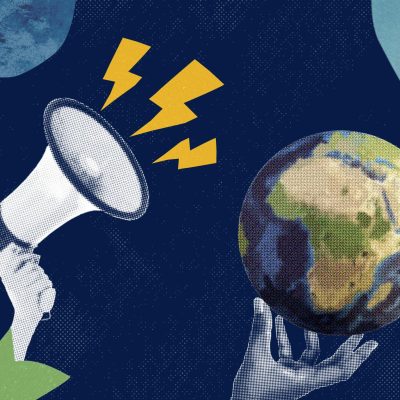Tips on how to keep sane during delta
I remember feeling optimistic when I found out we were quarantining. I had always been a homebody and didn’t feel as bothered as my friends. Boy was I wrong. Months passed with hundreds of people dying from COVID-19 just in Boston. I was going crazy, and it didn’t help that I was trapped in a house with the same people. My brother and I were at each other’s throats since we shared a room, and he was a slob. I had to release my stress. Now that the Delta variant is running through the U.S., I know I’m better prepared with the resources I’ve set up for myself. In the following paragraphs, you’ll find tips on how to survive the second strain of COVID, stress-free.
1. Music
Music is defined as a combination of vocals or instrumentals put together in such a way that it produces the beauty of form, harmony, and expression of emotion. I couldn’t agree more. Music, in my opinion, is food for the soul. You listen to it when you’re mad, sad, when you need a break, or when you’re in your feelings. It doesn’t matter what type of music you listen to, but the healing and nourishment that takes place. Find a way to play your favorite playlist, and kick it. According to Verywell Mind, Listening to music is entertaining, can relax the mind, energize the body, and even help people better manage pain. I know for me, stress was a big deal during quarantine, and music has a way of reducing stress and relaxing the mind. Here’s a link to a small list of songs I like to jam out to (don’t judge).
2. Fresh air
Have you ever taken a real deep breath of air and felt better after? I know I have. Oxygen is obviously essential for survival, but there’s something different about actually going outside and breathing in that outside air. For me, it’s somehow colder and refreshing. I feel energized after I’m made to step outside. Lifeworks explains that spending time outdoors reduces the symptoms of anxiety and depression. Studies also found that spending time in a green environment also helped improve moods and anxieties. I hate woods, dirt, and bugs but I’ll suck it up if it means it’ll better my mind. A place I would urge you to go to is the Arboretum. It’s literally a place with trees and fresh air.
3. Exercise
Whoever said exercising felt great lied. No one likes to sweat or gasp for air. Though it doesn’t feel good, exercise is important and good for your body. Do something to keep your body active. I’m not afraid to admit I did some stretches and yoga during quarantine. Helpguide explains that exercise is a powerful medicine for many common mental health challenges. People who exercise regularly feel more energetic during the day, sleep well during the night, have sharper memories, and overall feel better about their bodies. It’s good to have a confidence boost every once and a while.
4. Stay in touch with friends
Keeping in contact with your friends is important. I found myself neglecting friendships and just laying about. Humans crave communities and contact with other humans that aren’t family. Don’t allow yourself to drift from your crew. Friends ground us to earth, and are major pillars of support. According to The Mental Health Foundation, friendship is a crucial element in protecting our mental health. Our friends help us put things in perspective, and help us manage the problems life throws at us. Now that Delta’s here, I know I’ll regularly facetime my friends.
5. Screen breaks
All throughout COVID, I was on a screen. So much that I had to get blue light glasses, that protect my eyes from the harmful light that screens produce. Blue light keeps your brain awake and makes it difficult to sleep. It basically messes up your sleep schedule. Turn off your screens. Rest your eyes because you deserve it, man. A cool website to check out is Zenni. For the students who worked on Zoom, I feel you. Go rest. It’s good to disconnect and just pick up a book. According to AdventistHealth, benefits from unplugging from technology are reduced stress, discovering time you otherwise have wasted, and even physical health. It’s not good to always be hunched over.
Remember you’re not alone. A lot of people have struggled during quarantine, and it’s important to seek help if you need it. It’s never weak to ask for help. It took a long time for me to realize that, so I got you. By following these steps, I promise that you won’t go completely crazy from the isolation. An important remark is to wear your mask when going into public places, and just being mindful of the people around you. Don’t be that guy that walks into establishments unmasked and infested. It’s not cool. Other than that, keep it groovy. Be good to yourself and the people around you. Ask for help if you need it.










